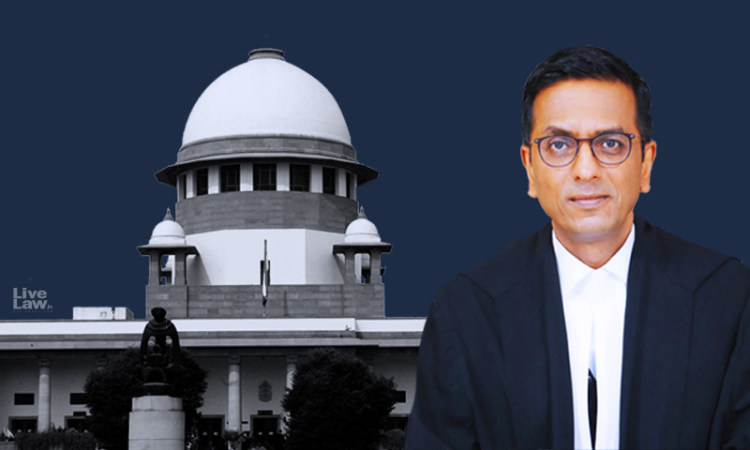Supreme Court E-Committee Takes Steps To Improve Access To Justice For Disabled
LIVELAW NEWS NETWORK
26 Jun 2021 8:51 PM IST

Next Story
26 Jun 2021 8:51 PM IST
The e-committee of the Supreme Court of India has formulated an action plan to ensure accessibility of the digital interface of all High Court websites in its first phase. The e-committee has devised six parameters to determine if a High Court website is accessible-These were: Access to judgments; Access to cause-lists; Access to case status; Contrast/ colour theme; text size [A+AA];...
